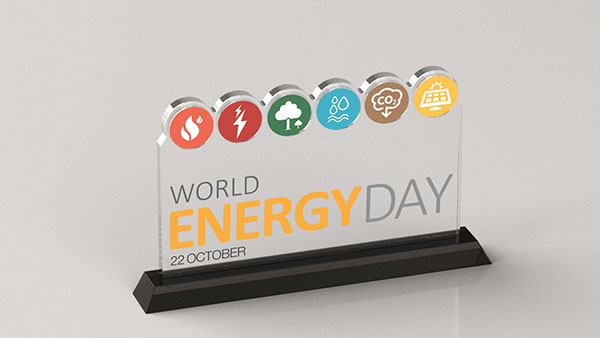The WED is observed yearly on October 22nd to raise awareness of global energy-related issues. As an annual practice, it was reportedly first proclaimed on July 22, at the World Energy Forum 2012.
Celebrated internationally to raise awareness of the need to rally around the creation and implementation of policies that increase energy efficiency and conserve natural resources, the WED has always aimed to demonstrate the impact of energy choices made by countries and individuals with regards to production and use on the environment at large.
But as the world marks the day, Nigeria has yet from existing records truly developed viable means of supplying energy adequately to its people and economy.
This, from the perspectives of experts leaves a lot of questions on it hopes to drive her development plans further.
Energy supply in Nigeria
Currently relying on imported petroleum products as well as a meagre volume of electricity from the national grid to run its economy, Nigeria by key global standards has remained poor in its energy production and supply.
For example, the World Bank in its 2018 proposal to support the country to grow its electricity sector, stated that data from its 2014 Nigeria World Bank Enterprise Survey showed that provision of electricity supply remained the biggest constraint to doing business in Nigeria.
The Bank noted that electricity supply was the most significant obstacle in all regions of the country except the north-west, adding that younger firms, exporters, and manufacturers operating in Nigeria were most likely to identify the provision of electricity as the biggest obstacle.
It equally indicated that having reliable electricity supply was consistently associated with higher levels of productivity, but among households in Nigeria, electricity access was still limited with a large variation across the regions of the country.
Looking deeper into the country’s current energy situation and with regards to electricity supply, Nigeria’s power supply has remained on a steady decline over the last three months of July, August and September with average daily supply from the national grid to homes and offices in the country falling to 3473 megawatts (MW) in September.



